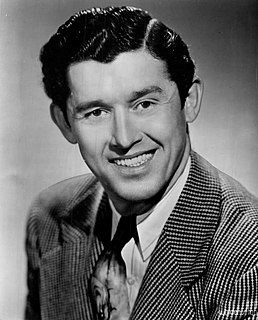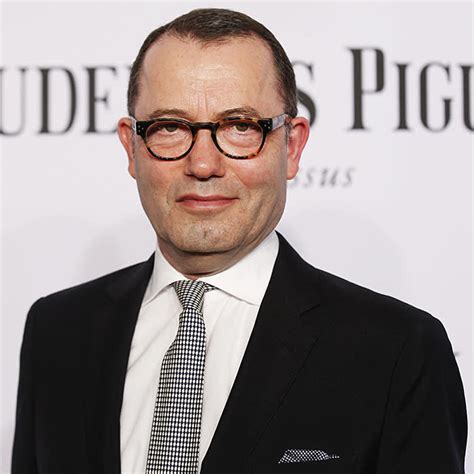A Quote by Tom Stoppard
You can't but know that if you can capture the emotions of the audience as well as their minds, the play will work better, because it's a narrative art form.
Related Quotes
It has been our experience that if a young man decides to go on a mission, he can not only play well when he returns, he will often play better. If an athlete could play well before he went on a mission, he will definitely play well when he returns; and, if an athlete could not play well before his mission, he probably won't play well when he returns. However, his chances of playing well are perhaps better if he goes because he will return with . . . better work habits, and a better knowledge of what it takes to be successful.
Regarding pushing the form, ideas interest me more than form. I think you can write a very subversive play in a three-act structure. The content makes the play. I feel the form is simply dressing, because ultimately, you want to communicate to the audience, and sometimes the best way to do that is to present a provocative idea in a format that is comfortable for them to receive. Then the idea will come through directly, right in solar plexus. After all, I want to make a living as an artist, and that means speaking to the audience in a form they can understand.
And I do think that good art - the art that tends to last - is that art that hits human beings on several different levels at once because everybody's different. Some people approach art through their emotions, others through their head, and the art that can appeal to all of those levels is more likely to reach more people. Having more people see the work doesn't necessarily mean better art but it stands a better chance of lasting.
You don't fully understand the meaning of a work until the audience responds to it. Because the audience completes the circle, and adds a whole other shade of meaning. Whenever you view something, and this is why great works of art survive decades and centuries, is because there's a door within the work that allows the audience to walk through and complete the meaning of the work. An audience isn't passive, nor are they unintelligent.
You never know how a film will play, whether it will be successful or not, or whether it will touch the audience. I always said to myself that whatever happens, big audience or small, that I would not let the results have an impact on my way of working. But it would be a bit silly for me to change my methods when I have a big success. That means my methods work well.
I never like to play for myself, and that is why I don't own a grand piano. To play for yourself is like looking at yourself in a mirror. I like to practice; that is to work at a task. But to play there must be an audience. New things happen when you play for an audience. You don't know what will occur. You make discoveries with the music, and it is always the first time. It is an exchange, a communion.
If then, as we say, good craftsmen look to the mean as they work, and if virtue, like nature, is more accurate and better than any form of art, it will follow that virtue has the quality of hitting the mean. I refer to moral virtue [not intellectual], for this is concerned with emotions and actions, in which one can have excess or deficiency or a due mean.





































